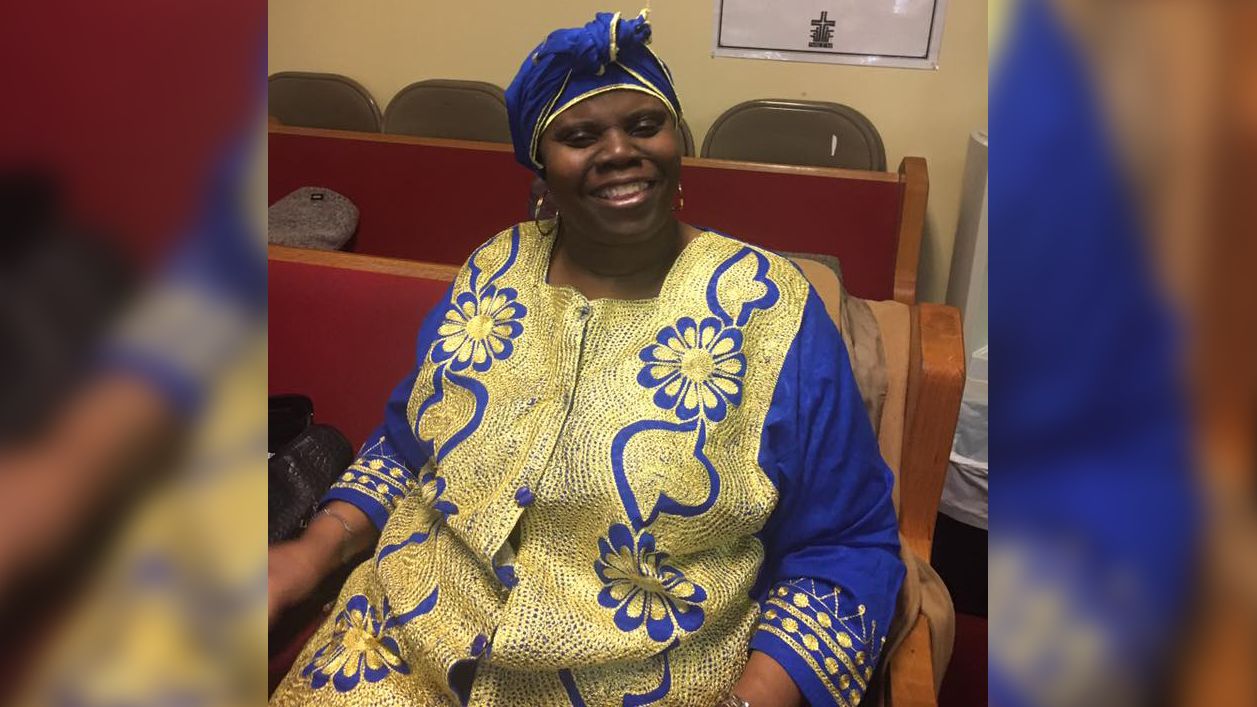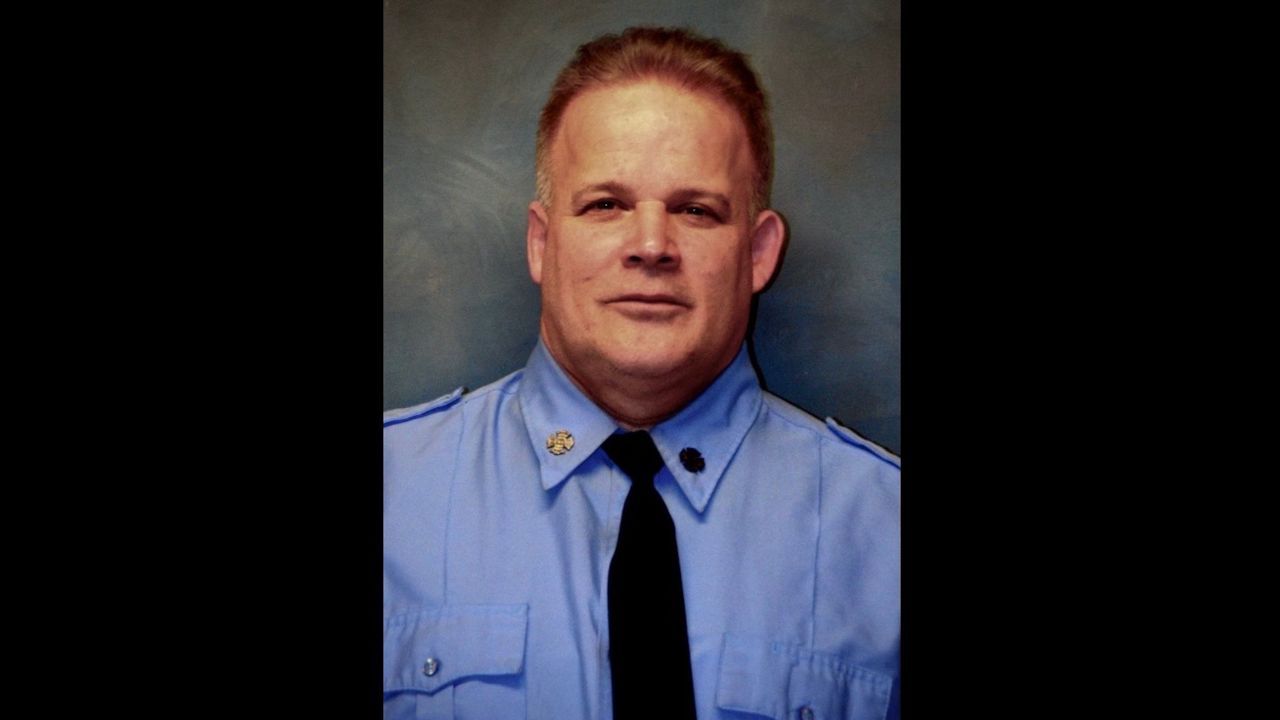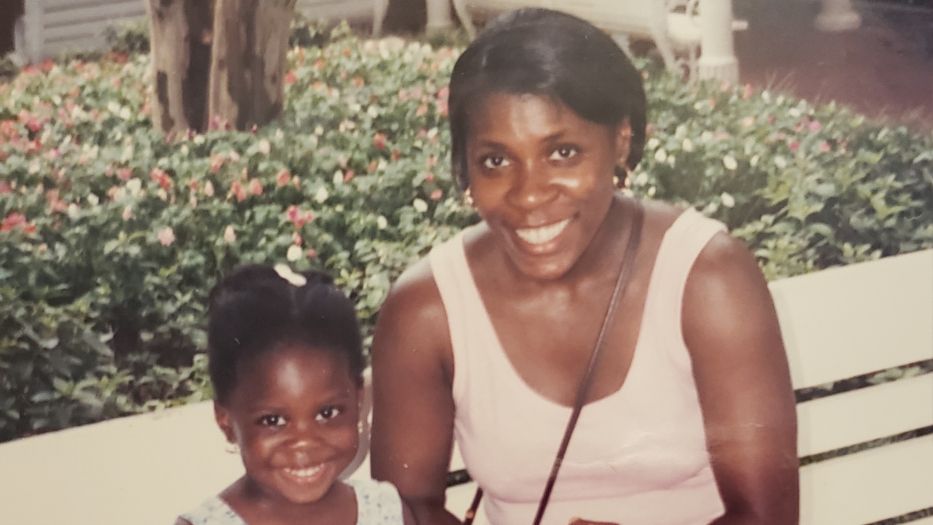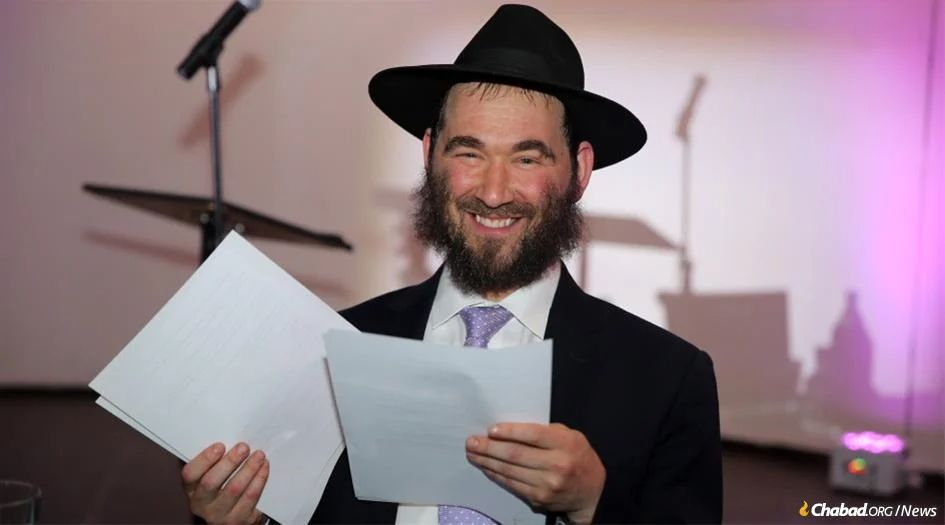Pamela Evette Haynes moved with her family into their new home in St. Albans, Queens when she was just one and a half years old. It would always remain her home.
“It was her only address for the rest of her life,” her sister, the Reverend Doctor Amariah McIntosh said. “She never moved anywhere else.”
Born in 1960 at Flower Fifth Avenue hospital in Manhattan, Pamela was the youngest of five sisters. Her dad and mom, Abraham and Geneva Haynes, moved from Harlem to St. Albans and became homeowners, and groundbreakers.
“My sister remembers when we were one of the first families to integrate that neighborhood,” McIntosh said. "You could go all day before you might see another Black family.”
By the late 1960s the demographics had begun to shift in St. Albans. Upwardly mobile white families were leaving Queens and moving out to Nassau County on Long Island.
“Many were elderly,” McIntosh said. “They built the homes to raise their children. But when the children moved away, they realized they didn’t need the responsibility of a 10-room house.”
The neighborhood may have changed, but Pamela Evette Haynes’ dedication to St. Albans never wavered.
“Everybody knew everybody on our block,” her sister said. “We took care of one another. And that’s what she wanted to see happen. When new residents moved in, if they didn’t honor the neighborhood, she didn’t think twice about standing on the porch and telling them about it.”
Haynes went into North Shore Hospital in Manhasset in early March, suffering from a recurring infection. Diagnosed with Multiple Sclerosis in 1994, it was often hard for her to fight off illness. A week after her release, she began running a temperature.
“She held off going to the hospital,” McIntosh said. “But when she went to a regular appointment with her ear, nose and throat doctor, he called an ambulance and they rushed her straight back to North Shore.”
She was diagnosed with pneumonia and placed in the ICU, then moved to a cardiac ICU. She was put on a ventilator, twice. But when doctors wanted to ventilate her a third time, her sister said, enough.
I finally had to tell them she’s suffered long enough with all of her other health issues,” McIntosh said. “Even if she did pull through what kind of quality of life would she have? She’s always been independent and wanting to call her own shots. I would rather have her leave in peace than have someone else making decisions she wouldn’t like.”
She passed away on April 10. What she didn’t know was that days after she was admitted, her sister, Maryanne Baker, was diagnosed with COVID-19. The sisters would die just days apart.
“She fought it like she fought MS,” McIntosh said. “But her other health challenges made it too difficult for her to overcome.”
Queens was in her blood. She went to St. Pascal Baylon elementary school. She was one of the first group to attend August Martin High School, graduating in 1978.
She got her bachelor’s degree in home economics from Queens College.
But her post-graduation plans were put on hold when her mother suffered a stroke, and she became her primary caregiver until her mom passed away in 1991.
“After mom died, Pamela went back to work for three years,” her sister said. “She worked in the medical field as office assistant until she was diagnosed with MS in 1994. But she never allowed it to dampen her spirit or impact her activities.”
Haynes would never marry or have children of her own, but she showered her attention on her 14 nieces and nephews and her cats, Sierra, Frankie and Gigi.
And she devoted herself to her church, Salem Missionary Baptist in Springfield Gardens.
“She was a nurse, an usher and choir member,” McIntosh said. “And she was also active in the Eastern Baptist Association of New York's Women's Auxiliary. She was a past president of the Nurses Department there and a recipient of several awards as Nurse of the Year and Woman of the Year. Everybody knew her, every pastor, every nurse. And she loved to cook. People loved her cakes and salads and all the dishes she would make for their events.”
She says her sister was a kind of lynchpin for the family, the one who kept in touch, and remembered every important date.
“She always kept up with everybody,” McIntosh said. “She kept up with her schoolmates, with my schoolmates even though I’m six years older than her. She even kept up with my mother’s and our grandmother’s friends. She tried to remember birthdays and other days that were special in people’s lives.”
Now, McIntosh is left to mourn the two sisters she lost just days apart.
“Both of them had a love for God, for family and for neighbors that they lived out in how they served,” she said. “If they knew somebody was in need, if they had to drive them they would do it, if they needed something to eat they would make sure they had it. If their pastors said they needed someone to oversee something they were Johnny on the spot. They both had a lot of love for everybody.”
She added, “a week after they died I put on my Facebook page, I miss my sisters calling me to say, ‘let me tell you what your sister’s done now’. We didn’t always see eye-to-eye, but we were always there for each other.”
She says she’ll remember Pamela, her baby sister, as tough and feisty, but loving.
“She was the baby, but she wanted to be treated as if she was the eldest,” McIntosh said. “She was always very neighborly except when she felt the neighbors were not respecting the neighborhood. She had a temper, but she still had a good heart.”








